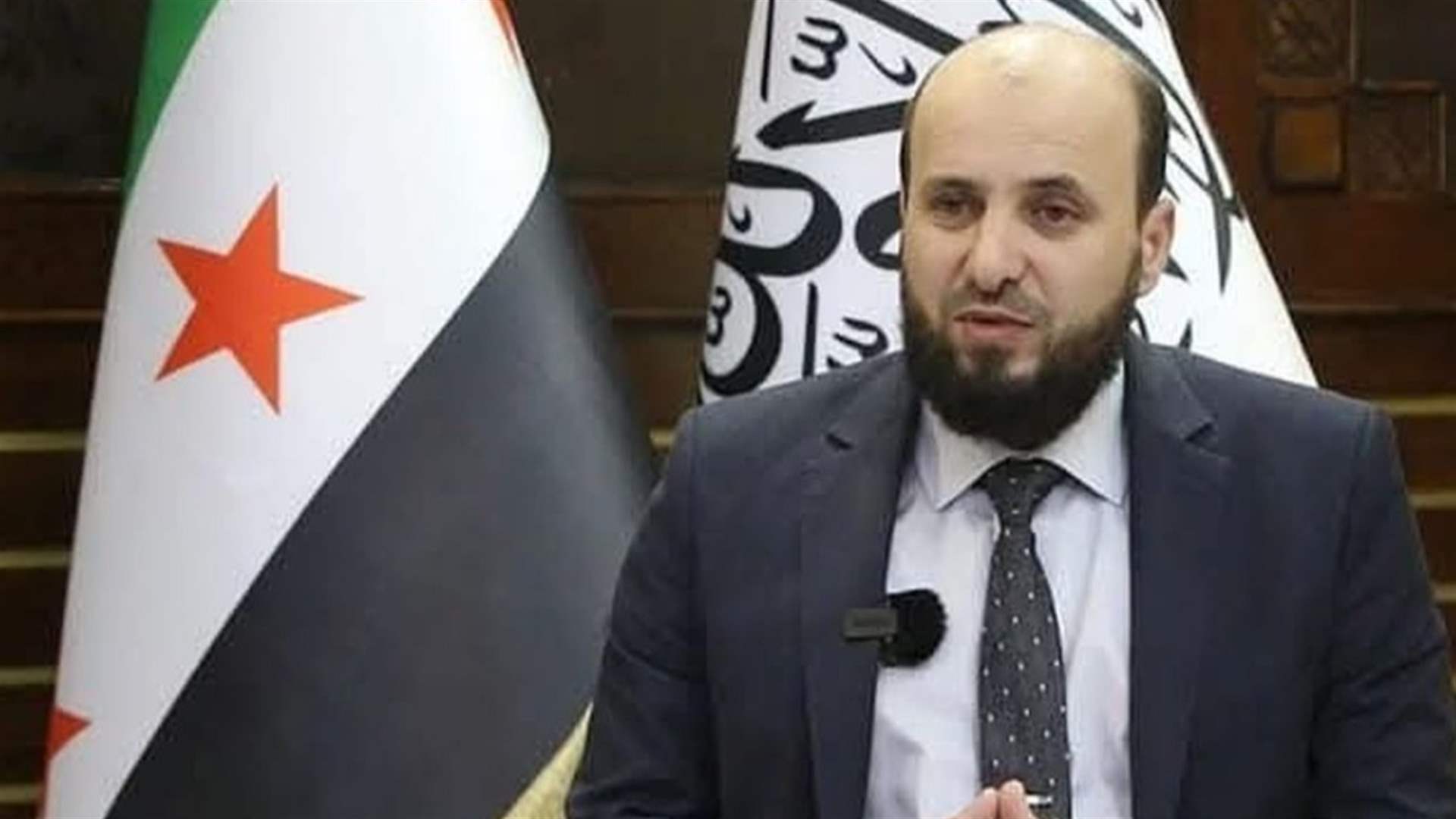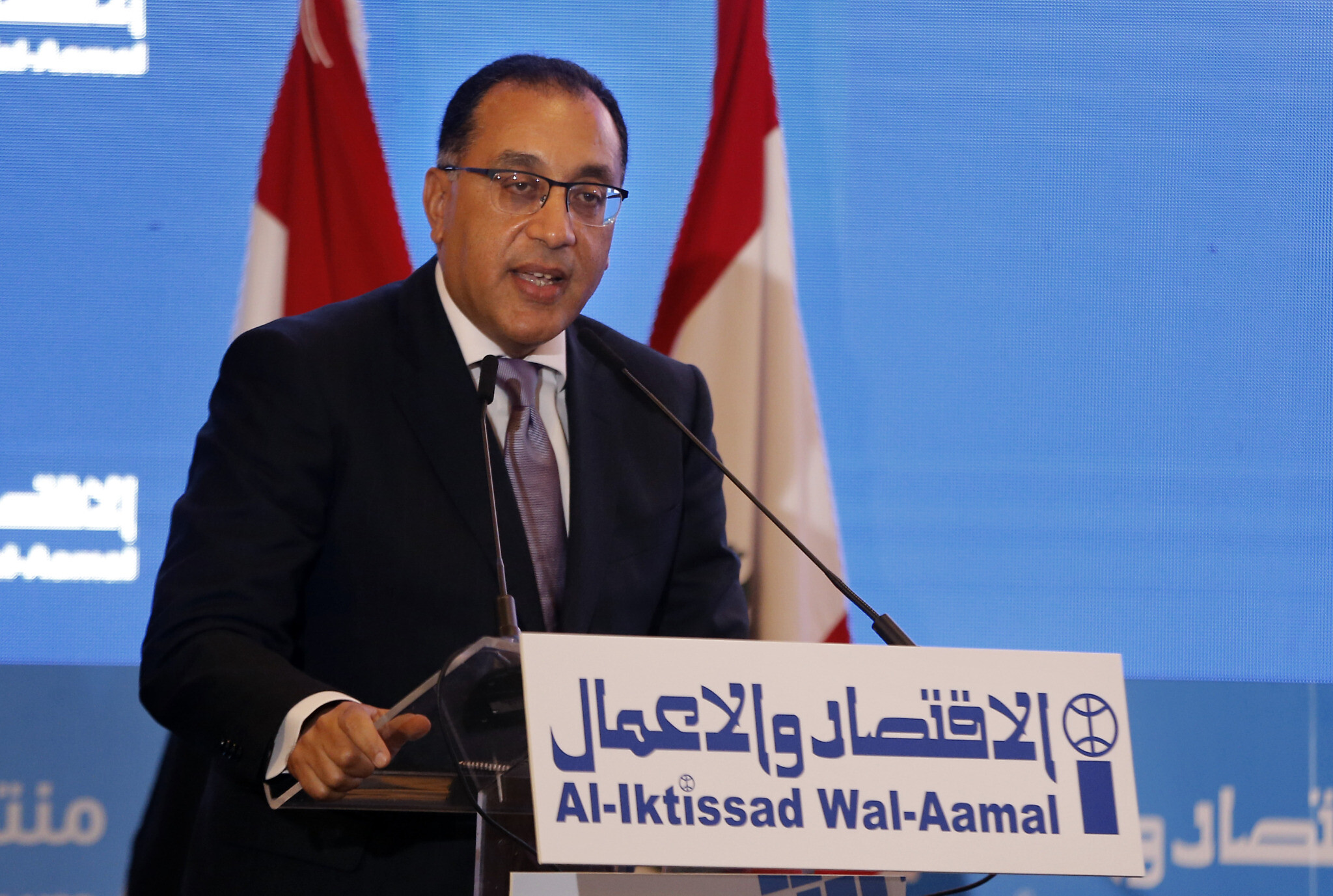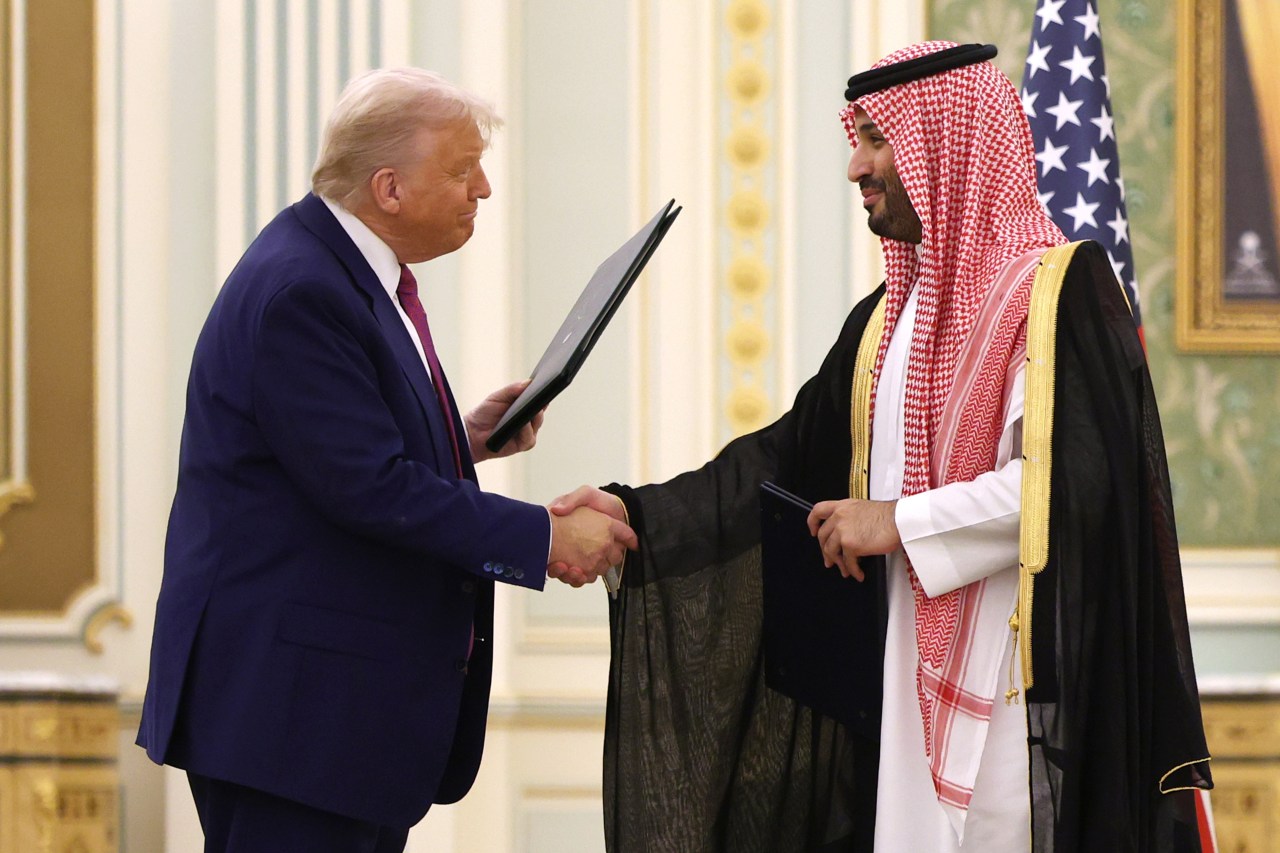In a significant move for Syria’s political landscape, Mohammed al-Bashir, the newly appointed Prime Minister, has met with members of the former government to facilitate the country’s ongoing political transition. Al-Bashir, who has been appointed as the interim Prime Minister until March 1, 2025, is tasked with navigating Syria through a delicate period of change and rebuilding.
The meeting, which took place in Damascus, brought together a mix of former officials and current leaders, with the goal of ensuring a smooth transition of power and addressing the country’s pressing challenges. Al-Bashir’s approach underscores his commitment to bridging political divides and drawing on the experience and knowledge of the previous administration.
“We aim to create a seamless and cooperative transition that will bring stability and progress to Syria,” al-Bashir remarked after the meeting. “By engaging with members of the former government, we are working towards a unified and collaborative future for Syria, where every sector of society plays a role in shaping the country’s path forward.”
The discussions covered a broad range of critical issues, from institutional reforms and governance to economic recovery and post-conflict reconstruction. Syria, still grappling with the aftermath of years of civil war, faces severe challenges, including a fragmented political landscape, economic instability, and the need for national reconciliation.
Al-Bashir’s appointment has raised hopes for renewed stability and progress. His leadership is expected to focus on strengthening Syria’s institutions, rebuilding trust with the international community, and addressing the humanitarian needs of the Syrian people.
The decision to include members of the previous government in the transition process reflects a pragmatic approach, recognizing the necessity of continuity in the face of Syria’s long-standing challenges. However, the road to full political stability remains uncertain, with divisions still present within the country, particularly among opposition groups, Kurdish forces, and regional powers.
International responses to al-Bashir’s appointment have been mixed. While some see it as a positive step toward achieving peace and rebuilding Syria, others are more cautious, raising concerns about the future of democracy and human rights under the new leadership. The coming months will be crucial in determining whether the interim government can navigate the country’s complex political terrain and foster lasting peace.
As Syria moves forward under new leadership, al-Bashir’s tenure will be closely watched by both domestic and international observers, with the hope that his efforts can lead to a new chapter for the country, focused on healing, unity, and prosperity.




